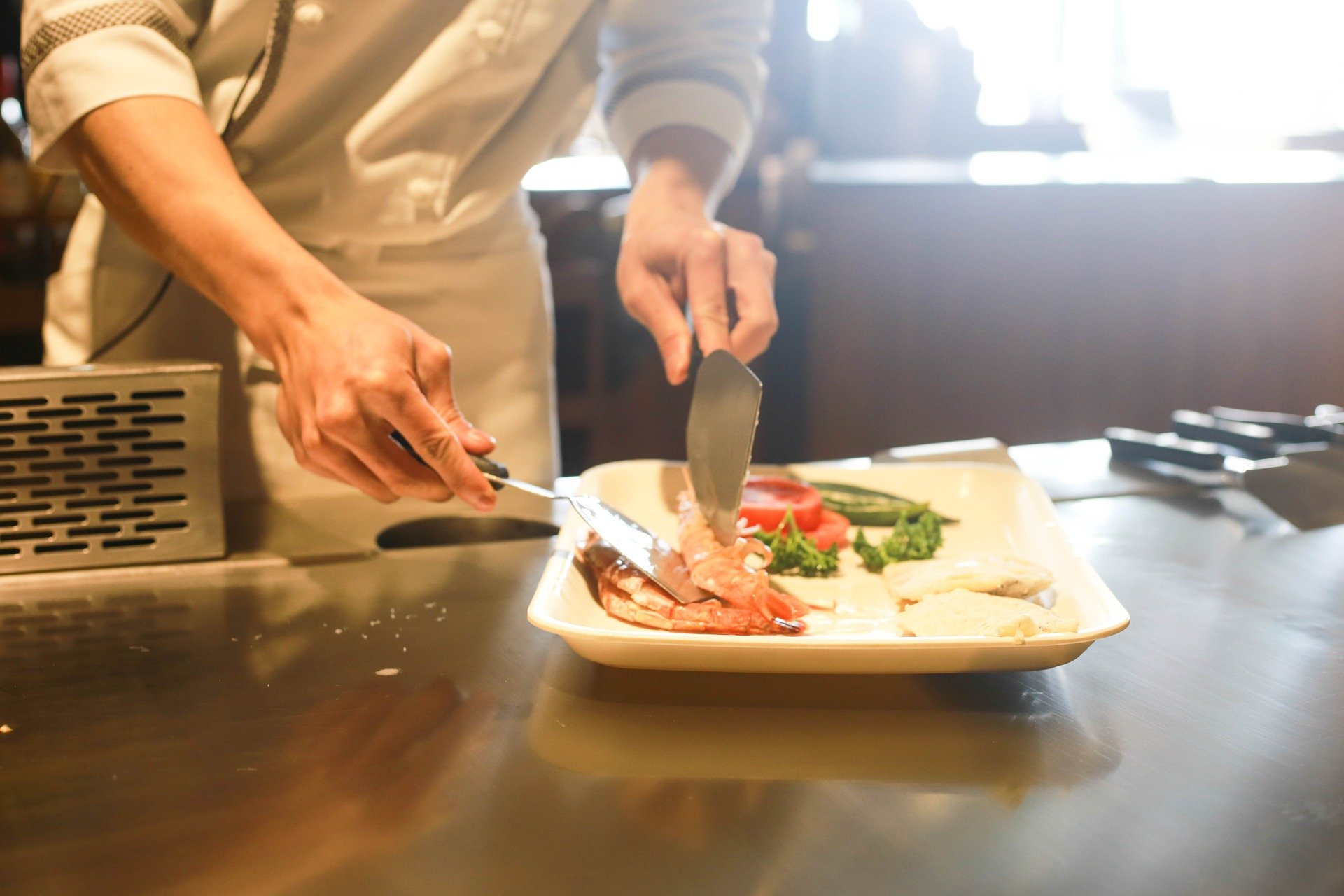You have spent time and other valuable resources creating and implementing food safety standards and practices for your operation, but how well is your operation complying during busy meal periods or when balancing other priorities, such as service and revenues? Having an external auditor evaluate your operation’s current food safety system and compliance can be a valuable effective tool to reduce the risk of foodborne illness outbreaks, which can devastate a business, and health inspection violations.
According to a 2017 study from researchers at Johns Hopkins Bloomberg School of Public Health, a single foodborne illness outbreak could cost between $3,968 and $2.6 million, depending on the severity of the outbreak and type of operation. The study also indicates costs of steps to prevent such an occurrence are far less. (1)
How can auditing play a role? An external auditor can evaluate the food safety program and compliance in your operation by providing a set of fresh eyes focused on food safety practices. Auditing can be customized to focus on your specific food safety practices, which may be more stringent than state law and incorporate quality standards. The focus of audits can also be tailored to address specific areas of the operation, service periods and practices. Audits may be more detailed and rigorous than a health department inspection, if requested, to determine any potential areas of concern, even if not observed at a particular timeframe.
How often should audits occur? Consider at least an initial audit and follow-up audit a few months later to develop a baseline and guide for improvement. Working with your staff to address areas of noncompliance and sharing results can engage the entire operation in addressing food safety together. Having ‘surprise’ audits can also ensure a more accurate representation of the operation in an audit.
Audits can be important part of your food safety management program, allowing you to understand how protected your operation is from foodborne illness outbreaks before they happen or before a health inspector brings it to your attention.
For more information about how food safety audits can reduce the operational risks of your business, contact John at Foodservice Safe or visit www.foodservicesafe.com
*Whitten, Sarah. “Here’s What It Costs Restaurants When a Foodborne Illness Outbreak Occurs.” CNBC, CNBC, 17 Apr. 2018, www.cnbc.com/2018/04/17/heres-what-it-costs-restaurants-when-a-foodborne-illness-outbreak-occurs.html.
###
Colleen Nyland is a food safety instructor and auditor for Foodservice Safe, LLC. She is certified with the Illinois Department of Public Health and through ServSafe. She has been an Adjunct Instructor with Elgin Community College’s Culinary and Hospitality Program since 2009 and has also taught for Northern Illinois University’s Hospitality Administration program since 2005.

